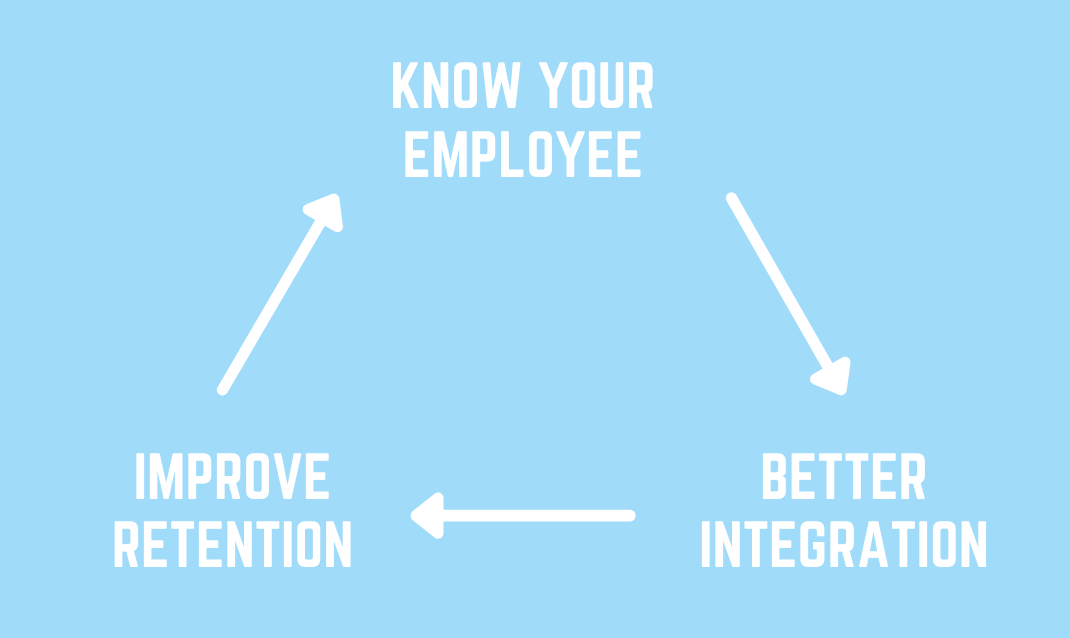In 2021, the economic recovery has taken many industries and recruiters by surprise. The sharp increase in staffing needs has created tension in the employment market and employers struggling to find qualified workers are also sometimes faced with higher absence rates due to the pandemic. If predictions are correct, the trend is only likely to continue and even intensify in 2022. It is in this type of circumstances that recruitment errors most often occur.
Indeed, in order to meet the company’s staffing needs, one may be tempted to lower expectations. Big mistake!
Background checks will help ensure that candidates meet the standards of qualifications and integrity you have chosen for your organization. Here are eight good reasons to start using them in 2022.
1. The law requires it
If you work in a regulated sector such as finance, personal security or aviation, then you simply have no choice. Background checks are a requirement before hiring a new employee.
In these sectors considered as sensitive, either because of their strategic dimension for the country (banks and finance), or of the security dimension (police, security, air transport), but also of the possible contact with vulnerable people (hospitals, schools, retirement homes…) there is a legal obligation to perform certain checks, at various levels, according to the positions concerned.
2. Obtain standards and/or labels
Some standards, such as the ISO 27001 norm for information security, require employee screening. The strategic importance of data, as well as the vulnerability of information systems, is a major concern for most organizations to ensure their sustainability. Several recent examples testify to this.

The standards allow for the implementation of reinforced procedures to ensure the qualifications and integrity of the people involved before and during their engagement.
3. Reduce recruitment errors
Checking the declarations of the candidates means avoiding (very) bad surprises. Especially when looking at candidates’ integrity. In fact, we find that about 50% of the files we analyze contain elements of risk, but also that between 6 and 10% of people going through our procedure make a conscious effort to hide some elements and/or lie about something. This leaves only about 45% of people whose statements are completely true.
4. Improve the quality of hires
The positive side of point 3 is that a systematic verification of the candidates’ background allows you to find the best talents and improve the level of new recruits: not only will you be able to ensure the authenticity of the diplomas and professional experiences, as well as their good progress (beware of the pitfalls of taking references!); but in addition, a verification of the integrity of the candidates allows you to better predict their work AND learning performances[1].
5. Reduce turnover
Recruiting the right person means reducing the risk of an employee leaving your company in the short term, whether for performance reasons, difficulties integrating into a team or any other reason. By performing a background check, you invest the money necessary to integrate and train a person with full knowledge of the facts and thus improve the employee retention rate.
6. Get to know your (future) employees better
The background check is not only about compliance or risk management, but also a process that allows you to get to know the company’s potential employees better. In this context, it is important to know how to listen, ask the right questions, put candidates at ease and know how to detect the clues that will allow you to get an idea of the person with whom you are dealing.
Even the best recruiters in the world are not infallible and may miss important elements during the process, such as side activities or the activities of a family member that pose a potential conflict of interest. The background check ensures that each of these potentially important elements is known at the time of hire, and that there is full transparency about the background of the candidate.
7. Save on your risk charges
Some insurance premiums will be reduced if the company can demonstrate to its insurer that coherent and efficient preventive measures have been put in place to limit certain risks. In the context of the background check, we are particularly thinking of the risks of fraud, theft or cyber risk.
8. Protect your organization’s reputation
Maintaining a good reputation with the public, customers, partners and potential investors or donors is a central concern for any entity. For some, reputation is strongly linked to their ability to exist and survive. The actions of employees impact the reputation of their employer almost systematically, and even more so when an individual holds a position of representation in the organization.
Ensuring the good character, integrity and reputation of your employees will help protect your organization’s image. It goes without saying that, because of their role of example and duty of representation, the leaders of an organization should be the first to undergo thorough checks on their qualifications, integrity, reputation and potential conflicts of interest when hiring.
[1] SCHMIDT & HUNTER, The Validity and Utility of Selection Methods in Personnel Psychology, 1998
Date of publication: 18.02.2022
Author: Marc Tinguely



